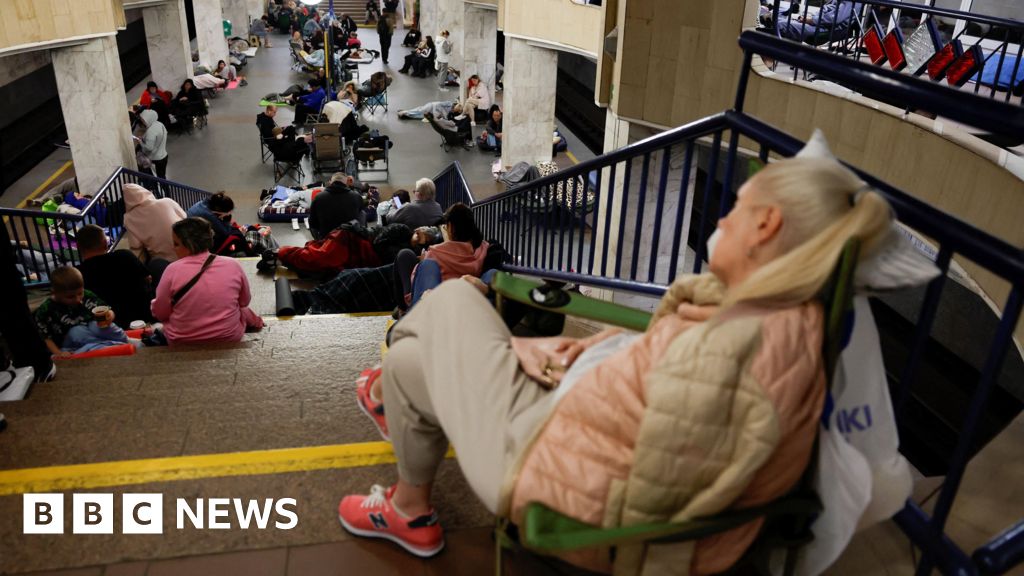In the heart of the conflict, individuals like 22-year-old Sofia Tsarenko from Dnipro have turned to alcohol and later medication as coping mechanisms for the overwhelming anxiety sparked by nightly attacks. According to Tsarenko, sleep aids brought her some respite in a situation where unrest predominates the nights.
The ongoing warfare and near-continuous drone incursions have plunged many Ukrainians into a state of unease. Residents lie awake, dreading the sound of drones that symbolize imminent peril. As the war drags on, anxiety and irritation grow rampant, correlating with disrupted sleep patterns brought about by fear and uncertainty. Reports suggest that these traumatic disturbances have skyrocketed following intensified military actions, especially in urban areas like Kyiv, where recent attacks have heightened fears among civilians.
Experts warn that chronic sleep deprivation affects mental health significantly, potentially leading to anxiety, irritability, and more serious issues such as depression. The long-term consequences of this pervasive insomnia pose a critical threat to the overall well-being of Ukraine’s population, as the toll of warfare now extends beyond the battlefield into the realm of mental health and quality of life.
As the conflict wages on, the struggle for a peaceful night’s sleep symbolizes the broader fight for psychological survival amidst the horrors of war.
The ongoing warfare and near-continuous drone incursions have plunged many Ukrainians into a state of unease. Residents lie awake, dreading the sound of drones that symbolize imminent peril. As the war drags on, anxiety and irritation grow rampant, correlating with disrupted sleep patterns brought about by fear and uncertainty. Reports suggest that these traumatic disturbances have skyrocketed following intensified military actions, especially in urban areas like Kyiv, where recent attacks have heightened fears among civilians.
Experts warn that chronic sleep deprivation affects mental health significantly, potentially leading to anxiety, irritability, and more serious issues such as depression. The long-term consequences of this pervasive insomnia pose a critical threat to the overall well-being of Ukraine’s population, as the toll of warfare now extends beyond the battlefield into the realm of mental health and quality of life.
As the conflict wages on, the struggle for a peaceful night’s sleep symbolizes the broader fight for psychological survival amidst the horrors of war.



















